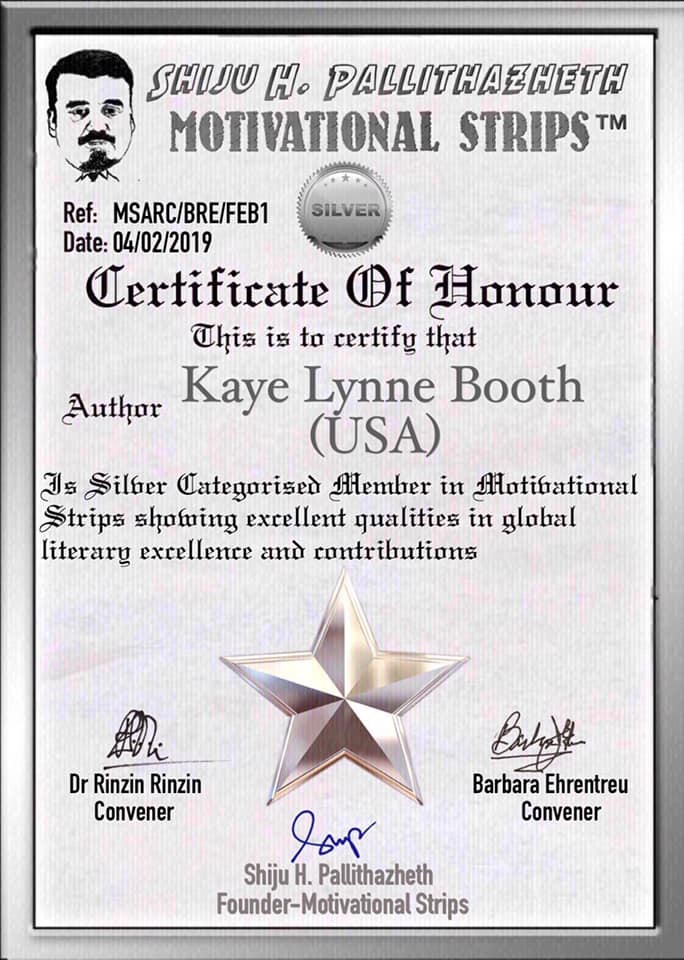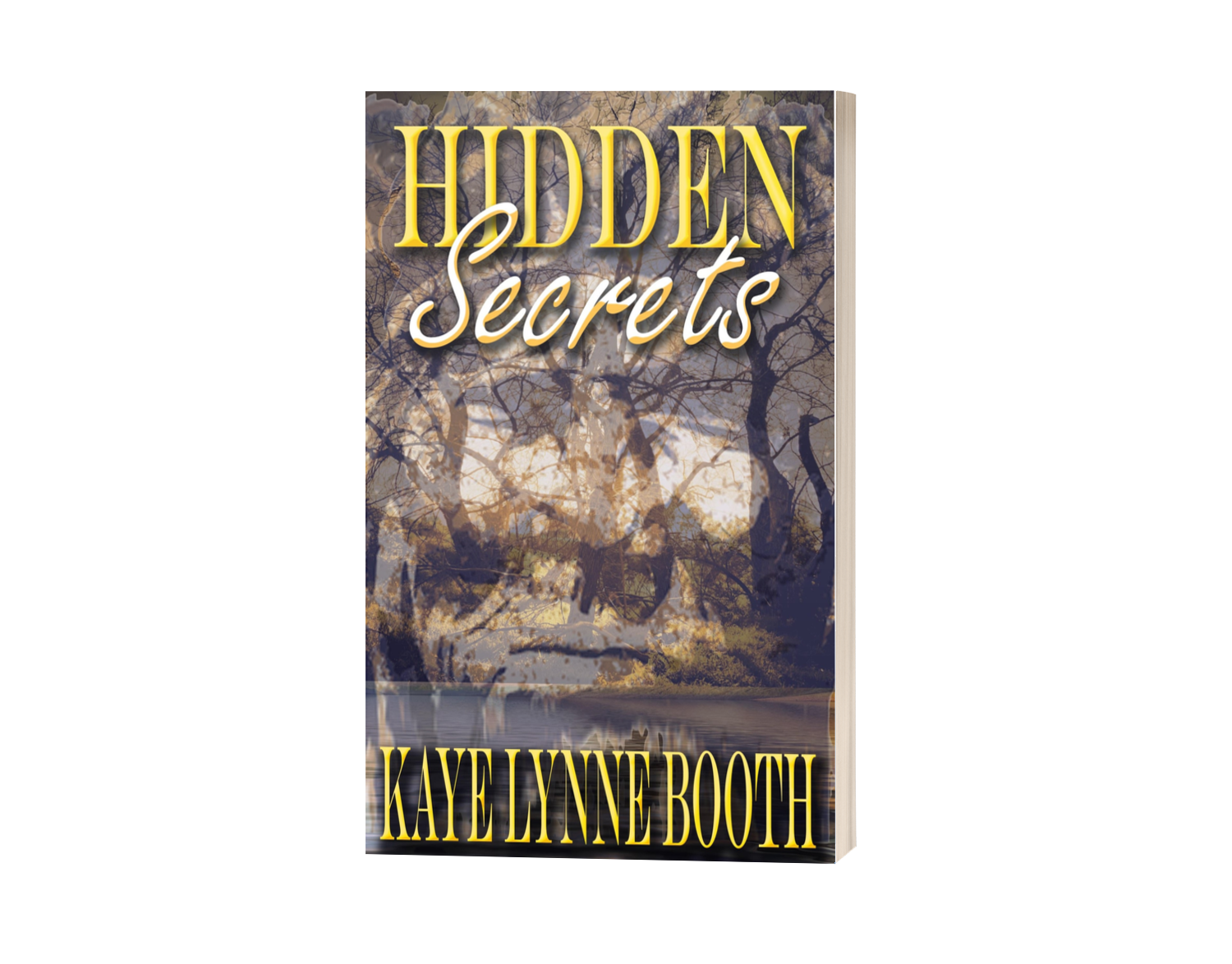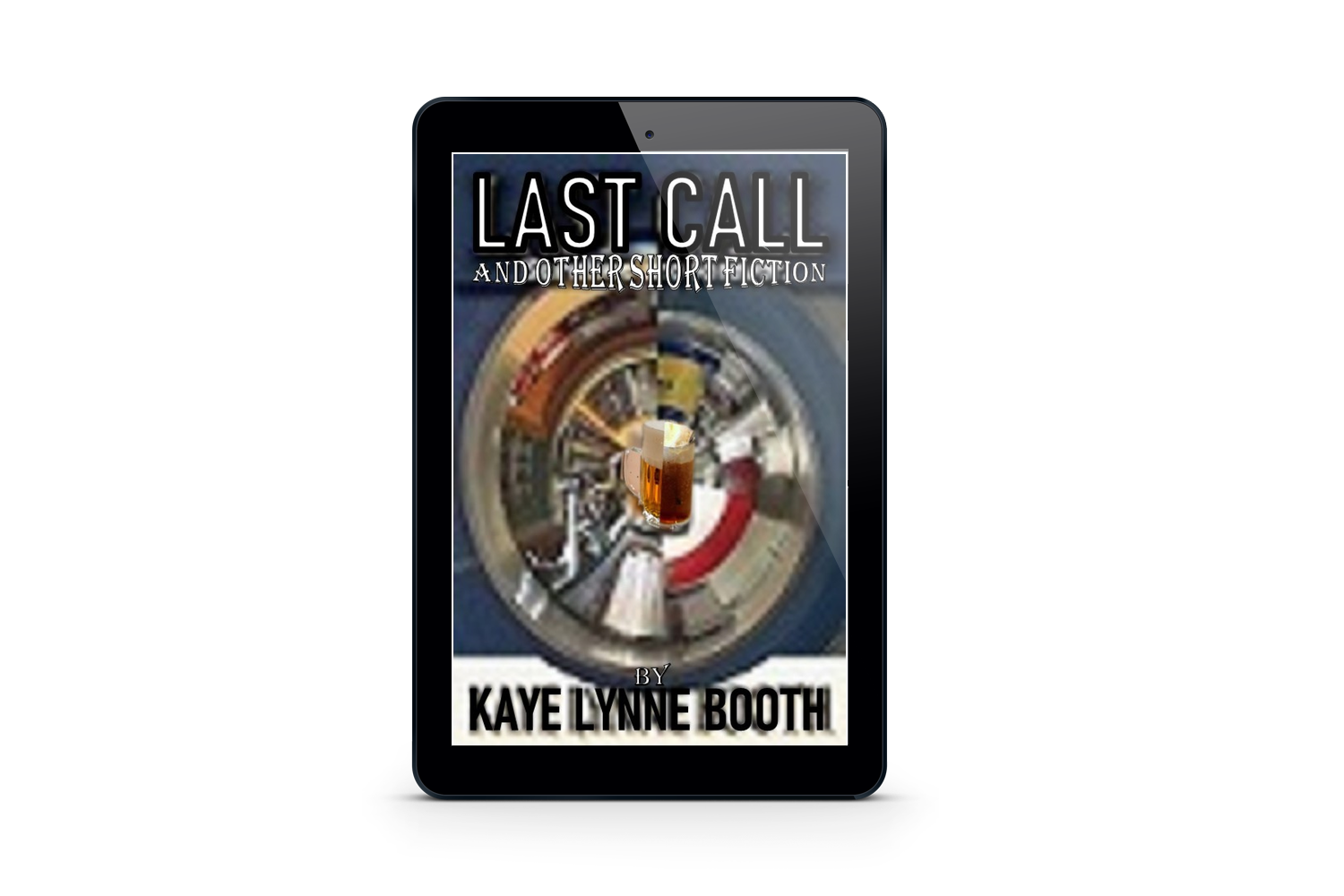Second Anglo Boer War propaganda poetry – the British side of things
Posted: June 22, 2020 Filed under: Books, Commentary, Historical Inspiration, Opinion, Poetry | Tags: A Ghost and His Gold, Poetry, Robbie Cheadle, Rudyard Kipling, Second Anglo Boer War, South African History, Writing to be Read 44 Comments
In my post entitled Second Anglo Boer War propaganda Poetry – the Boer side of things, I gave a brief overview of the circumstances that led to the Boers declaring war on the British Empire for the second time.
The late 19th century saw a significant increase in imperialism in Britain, spurred on by the theories of social Darwinism which argued that the biological concepts of natural selection and survival of the fittest should be applied to sociology and politics. This imperialism provided an ideological foundation for warfare and colonisation in the name of the British Empire.
Journalism was used to disseminate these ideas to the British public and, in the years leading up to the Second Anglo Boer War, newspapers were characterised by extreme pro-war propaganda, which was strictly controlled by the British High Commission in South Africa, Sir Alfred Milner.
After a holiday to South Africa in early 1898, Rudyard Kipling became friendly with Cecil John Rhodes, a British mining magnate and politician in southern Africa, Leander Starr Jameson, the leader of the botched Jameson Raid which aimed to overthrow the Transvaal government in December 1895, and Sir Alfred Milner. Kipling cultivated these friendships and came to admire these men and their politics. Before and during the Second Anglo Boer War, Kipling wrote poetry in support of the British cause in the Boer War.

One of Kipling’s early propaganda poems was The Old Issue which is published in his The Five Nations book of poetry.
The Old Issue
OCTOBER 9, 1899
(Outbreak of Boer War)
By Rudyard Kipling
“HERE is nothing new nor aught unproven,” say the Trumpets,
“Many feet have worn it and the road is old indeed.
“It is the King—the King we schooled aforetime !”
(Trumpets in the marshes—in the eyot at Runnymede!)
“Here is neither haste, nor hate, nor anger,” peal the Trumpets,
“Pardon for his penitence or pity for his fall.
“It is the King!”—inexorable Trumpets—
(Trumpets round the scaffold at the dawning by Whitehall!)
. . . . .
“He hath veiled the Crown and hid the Sceptre,” warn the Trumpets,
“He hath changed the fashion of the lies that cloak his will.
“Hard die the Kings—ah hard—dooms hard!” declare the Trumpets,
Trumpets at the gang-plank where the brawling troop-decks fill!
Ancient and Unteachable, abide—abide the Trumpets!
Once again the Trumpets, for the shuddering ground-swell brings
Clamour over ocean of the harsh, pursuing Trumpets—
Trumpets of the Vanguard that have sworn no truce with Kings!
All we have of freedom, all we use or know—
This our fathers bought for us long and long ago.
Ancient Right unnoticed as the breath we draw—
Leave to live by no man’s leave, underneath the Law.
Lance and torch and tumult, steel and grey-goose wing
Wrenched it, inch and ell and all, slowly from the King.
Till our fathers ’stablished, after bloody years,
How our King is one with us, first among his peers.
So they bought us freedom—not at little cost
Wherefore must we watch the King, lest our gain be lost,
Over all things certain, this is sure indeed,
Suffer not the old King: for we know the breed.
Give no ear to bondsmen bidding us endure.
Whining “He is weak and far”; crying “Time shall cure.”,
(Time himself is witness, till the battle joins,
Deeper strikes the rottenness in the people’s loins.)
Give no heed to bondsmen masking war with peace.
Suffer not the old King here or overseas.
They that beg us barter—wait his yielding mood—
Pledge the years we hold in trust—pawn our brother’s blood—
Howso’ great their clamour, whatsoe’er their claim,
Suffer not the old King under any name!
Here is naught unproven—here is naught to learn.
It is written what shall fall if the King return.
He shall mark our goings, question whence we came,
Set his guards about us, as in Freedom’s name.
He shall take a tribute, toll of all our ware;
He shall change our gold for arms—arms we may not bear.
He shall break his judges if they cross his word;
He shall rule above the Law calling on the Lord.
He shall peep and mutter; and the night shall bring
Watchers ’neath our window, lest we mock the King—
Hate and all division; hosts of hurrying spies;
Money poured in secret, carrion breeding flies.
Strangers of his counsel, hirelings of his pay,
These shall deal our Justice: sell—deny—delay.
We shall drink dishonour, we shall eat abuse
For the Land we look to—for the Tongue we use.
We shall take our station, dirt beneath his feet,
While his hired captains jeer us in the street.
Cruel in the shadow, crafty in the sun,
Far beyond his borders shall his teachings run.
Sloven, sullen, savage, secret, uncontrolled,
Laying on a new land evil of the old—
Long-forgotten bondage, dwarfing heart and brain—
All our fathers died to loose he shall bind again.
Here is naught at venture, random nor untrue—
Swings the wheel full-circle, brims the cup anew.
Here is naught unproven, here is nothing hid:
Step for step and word for word—so the old Kings did!
Step by step, and word by word: who is ruled may read.
Suffer not the old Kings: for we know the breed—
All the right they promise—all the wrong they bring.
Stewards of the Judgment, suffer not this King!
Commentary
Kipling’s description of the Boers as “sloven”, “savage” and “evil” was insulting and most definitely part of the British government’s pre-war campaign to dehumanise the enemy in the eyes of the public. The lines “He shall take tribute, toll of all our ware, he shall change our gold for arms – arms we may not bear” are arrogant and indicated that Kipling believed the British had a legitimate claim to the gold of the Transvaal.
A Ghost and His Gold by Roberta Eaton Cheadle – Cover reveal

About Roberta Eaton Cheadle

I am an author who has recently branched into adult horror and supernatural writing and, in order to clearly differential my children’s books from my young adult and adult writing, these will be published under the name Roberta Eaton Cheadle. My first young adult supernatural novel, Through the Nethergate, has recently been published.
I also have two short paranormal stories in Whispers of the Past, a paranormal anthology edited by Kaye Lynne Booth.

Like this post? Let me know in the comments. You can be sure not to miss any of Writing to be Read’s great content by subscribe to e-mail or following on WordPress. If you found this content helpful or entertaining, please share.















[…] Continue reading here: https://kayelynnebooth.wordpress.com/2020/06/22/second-anglo-boer-war-propaganda-poetry-the-british-… […]
LikeLiked by 1 person
Profound! It makes me wonder if most of anything we believe to be the truth of history is at all…
LikeLiked by 3 people
History is written by the winning party, Annette, and can be manipulated. Nowadays, there is lots of independent research that delves into various aspects of history and relooks at the presentation and facts of the time. I always try to look at history in a balanced way and consider the worldwide circumstances at the time. A wide perspective allows for greater understanding of why things happened as they did.
LikeLiked by 3 people
Robbie, I don’t think Americans understand this history. It’s your backyard, your cultural iconography! The Siege of Mafeking is akin to our Little Big Horn. Well, that’s what comes to mind, anyway. To our sensibilities, Kipling is tiresome, sooooo…tiresome. He played First Chair in the Orchestra Of Imperialism.
LikeLiked by 3 people
HI Art, in my book I have tried to make it into a story that everyone can enjoy, even if you don’t know the history. These posts are highlighting specific aspects and events that occurred during the war and are a bit out of context for people who don’t know the detailed history. I must look up Little Big Horn, I have read about it but have forgotten the details. The colonialist writers were not all bad, The Jungle Book is a great story and Kipling’s poem IF is one of my favourite poems. This was the darker side of him and one I actually didn’t know about until I did the research for this book.
LikeLiked by 2 people
The historical context you’ve been providing in these posts has been very enlightening.
LikeLiked by 2 people
I have to agree with you there, Art. This particular poem is definitely tiresome.
LikeLiked by 2 people
I thought the ideas expressed were quite astonishing in retrospect.
LikeLiked by 2 people
I can see that!
LikeLiked by 2 people
seems odd that a poet would get involved in a propaganda campaign…
LikeLiked by 1 person
I think Jim they always have and always will, where there is a war or propaganda there is a poet 💜
LikeLiked by 3 people
that’s true, we often rely on poets to put into words what we are thinking…
LikeLiked by 2 people
Yes and poets are always happy to do so.💜💜💜
LikeLiked by 3 people
Of course, Willow. Poetry is how poets express their deepest thoughts and emotions, for better or worse.
LikeLiked by 1 person
Yes indeed that’s true 💜💜💜
LikeLiked by 1 person
Ahhhh, but Kipling was a big supporter of colonialism and the British Empire. It was a good way to gain the support of the ruling personalities of the time and to position himself in the public eye.
LikeLiked by 3 people
so you’re saying he had an ulterior motive… clever fellow…
LikeLiked by 3 people
Building his author platform, eh?
LikeLiked by 3 people
🙂
LikeLiked by 3 people
Haha, Liz. These did make him very famous. They were published in a lot of important newspapers of the time. That’s how I discovered them.
LikeLiked by 2 people
How are you accessing historical newspapers to do your research? I’m having good luck for US history using newspapers.com.
LikeLiked by 2 people
Hi LIz, Our local university has on-line archives which keeps a lot of newspapers that were published during this time. I found a lot of the Mafeking daily newspapers there. I also bought a book which contained newspaper articles published [originally in Afrikaans] by the newspapers in Pretoria during this war. They proved to be very useful.
LikeLiked by 1 person
This is a really interesting Robbie and Kayelynn. 💜
LikeLiked by 2 people
Thank you for reading and commenting. I hope you wil visit often. 🙂
LikeLiked by 1 person
Thank you 💜
LikeLiked by 2 people
Thank you, Willow. I’m glad you enjoyed it. Have a good day. Hugs.
LikeLiked by 1 person
Thank you Robbie and you too💜
LikeLiked by 1 person
Another awesome history lesson, Robbie!
LikeLiked by 2 people
Thank you, Bette. I have tried to be balanced in my approach to this book and have shared as much as I could find about the attitudes and issues on both sides of the war. Readers need to draw their own conclusions about what happened and how.
LikeLiked by 3 people
After reading this post, I went online and did some reading of my own. Colonialsim caused so many problems around the world. Darwinism caused and is still causing so many issues. Great post Robbie.
LikeLiked by 3 people
Thank you, Carla. I am so pleased this post stimulated your interest to such an extent. Colonialism was implemented with arrogance and disregard for the local people, but, when it is considered, it is also useful to look at the circumstances of the working class people in Britain and Europe. They were not really treated any better. The lives of people, and especially children, during the industrial revolution and the Victorian era were horrific. There was an all around picture of suppression and abuse of people everywhere at that time in history.
LikeLiked by 3 people
You are so right Robbie. I know I read historical fiction about that time and I am always appalled at the way the ruling class treated others. The Scottish Highlanders were a group that were treated extremely poorly when the British ruled them. So many times and events in history we need to learn from.
LikeLiked by 3 people
I never knew this of Kipling but it’s not surprising he took that view and glorified it. War was made to look as though it was an adventure that all true Englishmen should get involved with, in one way or another. That ‘duty’ was carried through to WWI when pictures of German troops were shown tossing babies into the air then stabbing them with the point of their helmet–(I’m not sure this was shown in SA) Britain stood for purity, the rest of the world was evil. To a great extent that is still the belief, but then that’s another story. Thank you for your research and presentation, Robbie.
LikeLiked by 2 people
I am very glad I haven’t seen those pictures, Danny. Women and children have never been spared the horror of war as my book and research clearly show. I hope you are well and you new book is moving along. I am looking forward to reading your take on my country and its neighbours.
LikeLiked by 2 people
Like you his poem If has always been a favourite as well as much of his children’s stories. I don’t think he would have won a Nobel prize these days but they were very different times both at home and abroad with the class system and colonialism. Partly I do think that his stance was related to his feeling of being not as accepted into the upper ranks of society and when abroad in both India and South Africa, especially with the patronage of Rhodes he achieved that. Excellent balanced representation as always Robbie. x
LikeLiked by 3 people
Thank you, Sally. Your explanation is exactly spot on, Sally. His personal motives are understandable in that context. I still love IF and The Jungle Book.
LikeLiked by 3 people
Isn’t that the way of it? No doubt from the beginning, those in power attempt to fire up the war machine by smearing their targets. It’s still being done today, by countries worldwide. Fascinating post, Robbie. Thank you for hosting, Kaye.
LikeLiked by 2 people
Thank you for visiting and commenting, Mark. Hope to see you here often. 🙂
Robbie does wonderful research and has some very interesting things to share. Her posts are always well received.
LikeLiked by 2 people
I’m now following your blog, Kaye. Looking forward to reading more. Yes, Robbie does a wonderful job.
LikeLiked by 2 people
HI Mark, Kaye shares some insightful and interesting articles on writing, poetry and many other related topics. I’m glad I could introduce you.
LikeLiked by 2 people
I’m glad too. Thanks Robbie.
LikeLike
Thank you, Kaye. I share what interests me.
LikeLiked by 1 person
Absolutely, Mark, this is the way governments convince young men that killing others is okay during times of war. It is a method of circumventing their morals and ethics, breaking them down. I researched this for my book Through The Nethergate so that I could gain an understanding about how the Nazi’s got so many of their followers to commit such atrocities without conscience. It is fascinating to read and heartbreaking too. Thanks for visiting me here.
LikeLiked by 2 people
A really interesting post about propaganda and influence
LikeLiked by 1 person